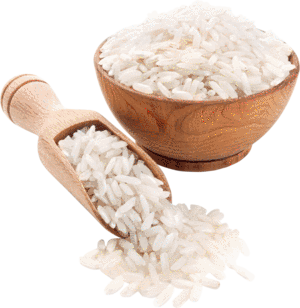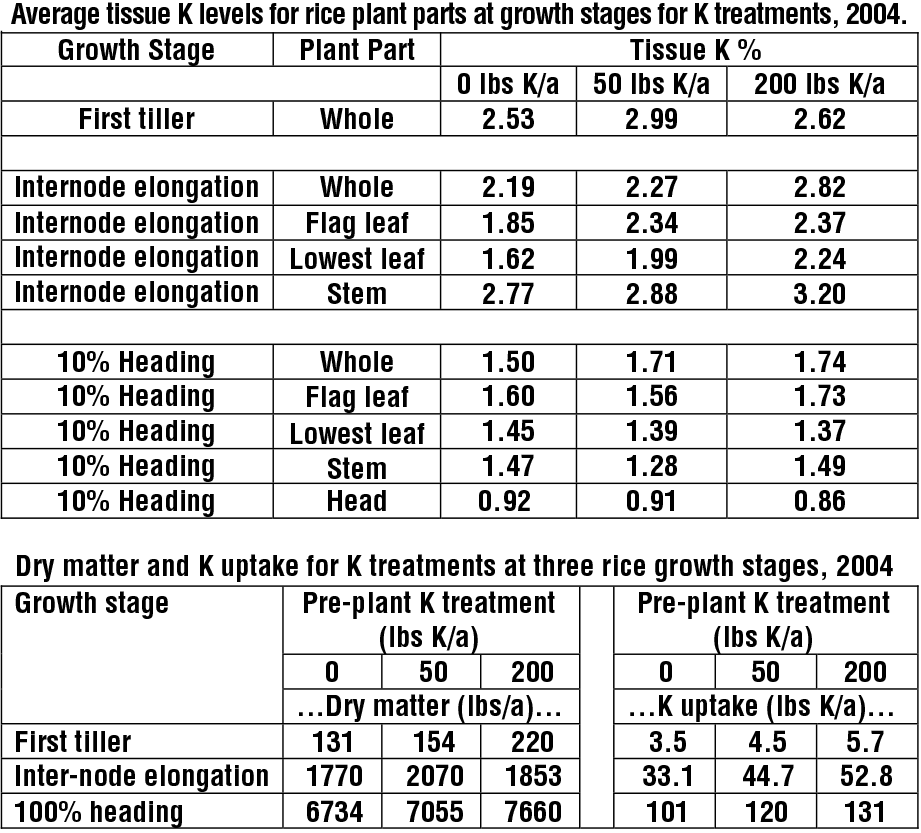

Potassium is one of the essential plant nutrients supplied via fertilizer in most irrigated rice fields. Extracting sap from the lower stem of plant rice and analysing it with LAQUAtwin potassium meter provide indication of the current potassium status and help farmers adjust the fertilizer application.


Potassium is a necessary nutrient for soil in which rice grain is grown, as it is critical in maximising yield.
In order to profitably produce rice, reliable information regarding the potassium content of the soil must be available to farmers. Thus, we can analyse the potassium content of the plant tissue in the roots of the rice grain.
To determine the potassium content, the Horiba LAQUAtwin K-11 potassium ion (K+) meter can be used. This is an easy and quick method used to determine the potassium content of soil for the growth of rice crops.
The use of the Horiba LAQUAtwin K-11 meter to measure the potassium content of soil around rice crops will improve farmers’ knowledge of the potassium accumulation. Accordingly, farmers can fertilise their crops with optimal amounts of potassium.
The LAQUAtwin K-11 meter is small and compact, and convenient to carry for easy on-site testing. Its easy-to-use interface is simple for anyone to use.

David Dunn, Gene Stevens “Plant Mapping Potassium in Rice Tissue: What Part to Sample When?: Second Year (2004) Progress report” University of Missouri-Delta Center
Do you have any questions or requests? Use this form to contact our specialists.
Pocket Water Quality Meters